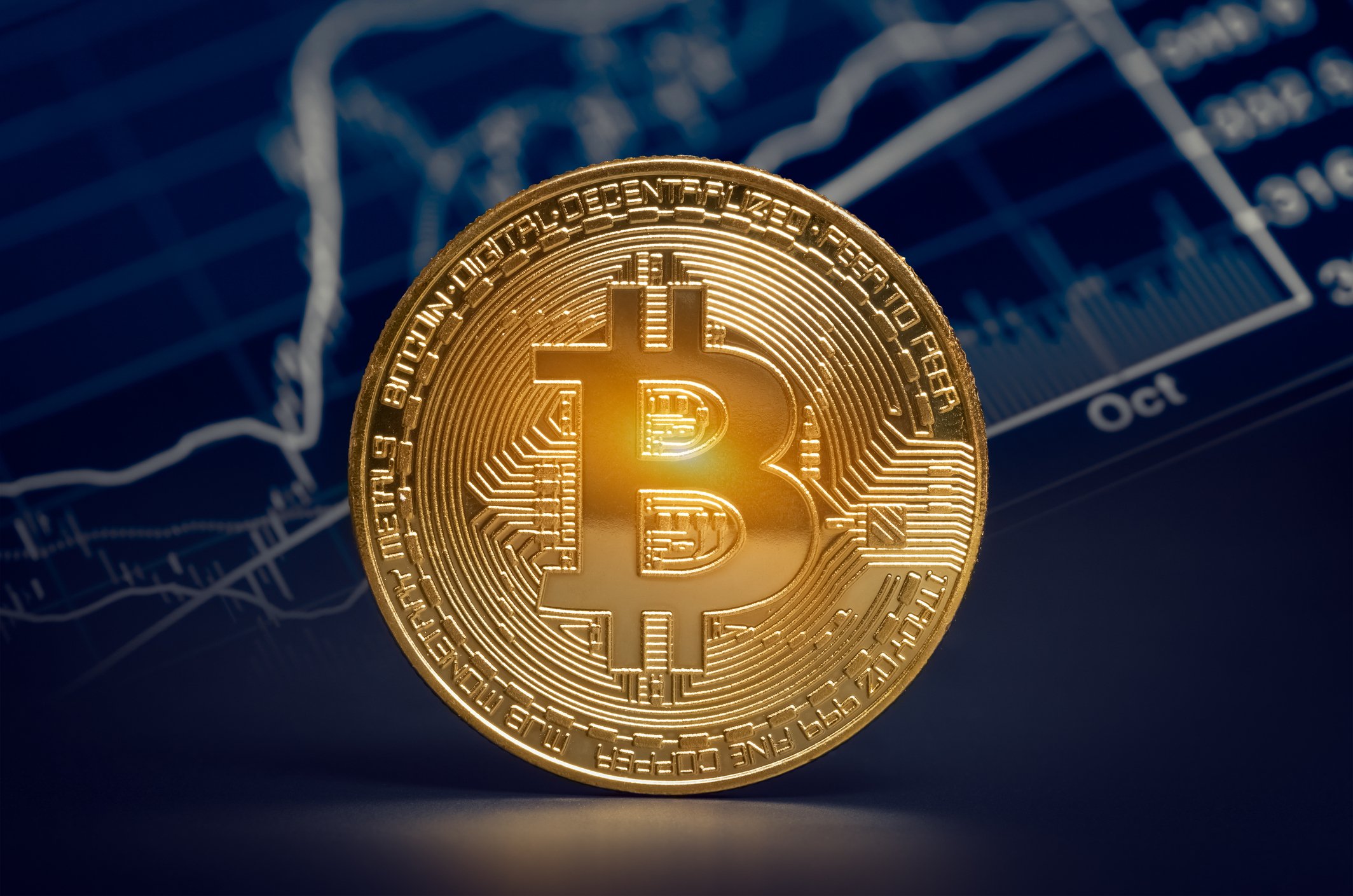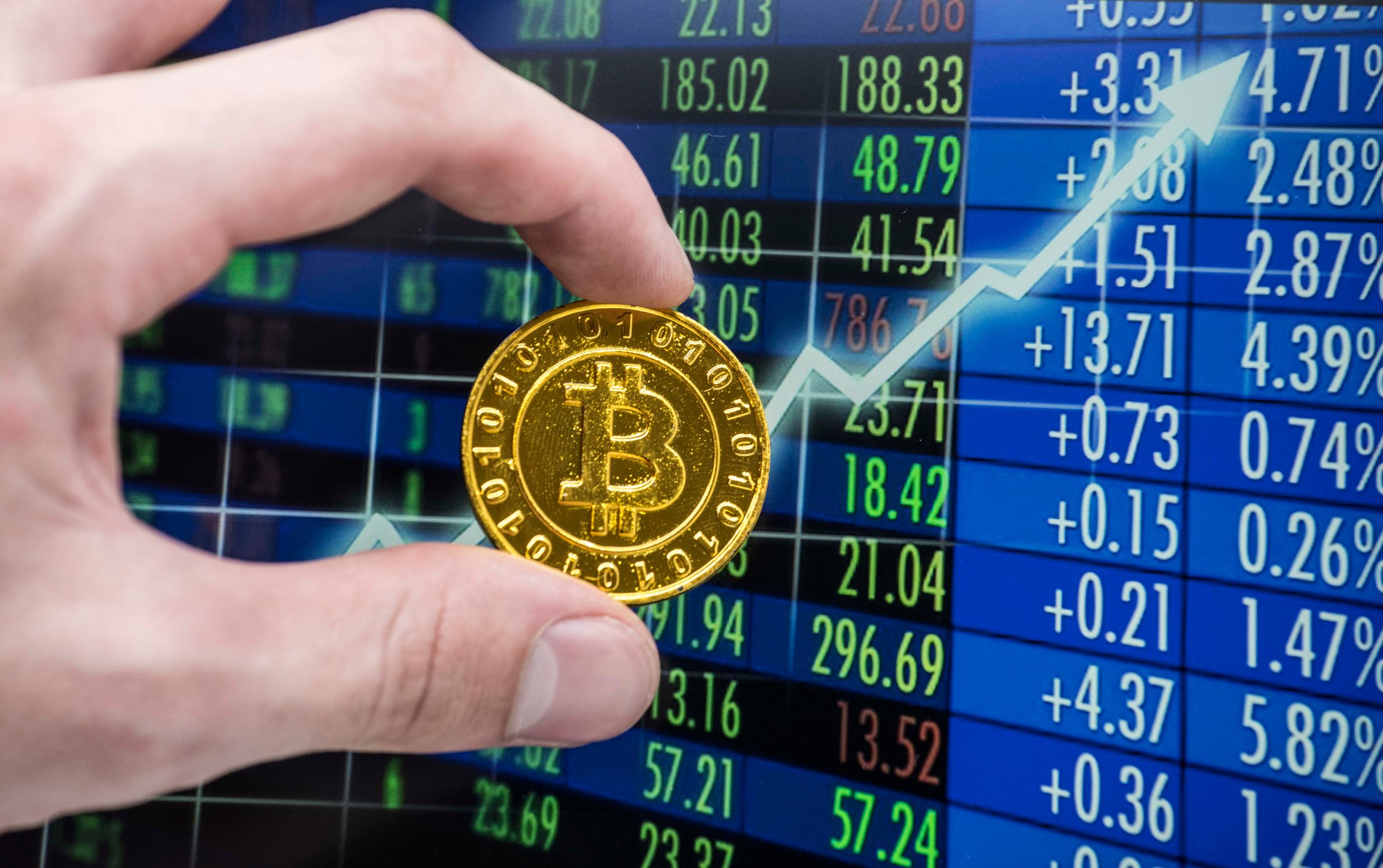During the past decade, Bitcoin (BTC 1.51%) has undergone one of the most remarkable image transformations in financial history. What began as an obscure digital currency dismissed by Wall Street veterans has evolved into a legitimate store of value held by corporations, hedge funds, and even sovereign nations.
Back in 2017, BlackRock Chief Executive Officer Larry Fink famously suggested that Bitcoin was little more than a tool for money laundering. Fast forward to today, and BlackRock now offers one of the most popular spot Bitcoin exchange-traded funds (ETFs) -- the iShares Bitcoin Trust ETF.
So, what changed? After surviving multiple crypto winters, market crashes, and a turbulent regulatory landscape, Bitcoin has proven its resilience and staying power. Even its harshest critics have come to acknowledge its role as a durable asset.
Now, as inflation and fiscal instability continue to erode confidence in fiat currencies, investors are beginning to wonder whether other popular cryptocurrencies -- such as Dogecoin (DOGE 4.85%) -- can deliver similar value or if Bitcoin's dominance will remain unchallenged.

CRYPTO: BTC
Key Data Points
Why Bitcoin matters -- and how to invest
Bitcoin's allure stems from its finite supply and decentralized structure. Only 21 million Bitcoins will ever exist -- a hard-coded limit that creates scarcity akin to precious metals like gold or even rare collectibles like art.
Unlike traditional currencies, Bitcoin isn't controlled by any central authority. Its issuance follows algorithmic rules that automatically cut mining rewards in half roughly every four years, ensuring a predictable and slowing rate of supply growth.
For investors, there are several ways to gain exposure to Bitcoin:
- Direct purchase: Buying Bitcoin through exchanges such as Coinbase offers full ownership of the asset.
- Spot Bitcoin ETFs: These funds provide passive exposure without the need to manage a digital wallet or handle private keys.
- Indirect exposure: Public companies such as Coinbase, Robinhood Markets, SoFi Technologies, Strategy (formerly MicroStrategy), and GameStop act as Bitcoin proxies, with their business models or balance sheets tied to broader crypto adoption.
Against this backdrop, Bitcoin has become more accessible to retail and institutional investors alike in recent years -- helping cement its role in the modern digital asset ecosystem.

Image source: Getty Images.
Dogecoin: Meme coin or the next Bitcoin?
Enter Dogecoin -- a cryptocurrency that began as a parody but evolved into a full-blown cultural phenomenon. Created by software engineers Billy Markus and Jackson Palmer, Dogecoin was initially designed to mock the speculative frenzy surrounding clones to established cryptocurrencies, known as altcoins.
Yet through a combination of viral memes, endorsements (most notably from Elon Musk), and relentless social media enthusiasm, Dogecoin exploded in popularity -- ultimately becoming one of the largest cryptocurrencies by market capitalization.
However, the comparison between Dogecoin and Bitcoin breaks down under closer scrutiny.
Unlike Bitcoin's capped supply, Dogecoin has no maximum limit -- meaning new coins continue to enter circulation indefinitely. This lack of scarcity undermines its value proposition as a long-term store of value.
Additionally, while Bitcoin's network is secured by an extensive global mining infrastructure and developer ecosystem, Dogecoin's community is more niche -- making it less decentralized in nature and therefore more vulnerable to security compromises.
Ultimately, Dogecoin's price movements are driven largely by community sentiment and speculative narratives rather than by real-world adoption or rising utility. Though it functions as a payment token accepted by select merchants, it lacks the institutional demand that has helped Bitcoin rise into a recognized asset on par with the world's largest companies.
The verdict: Dogecoin is fun, but Bitcoin is foundational
So, could Dogecoin ever become the next Bitcoin? Unlikely. Bitcoin has matured into a legitimate macro asset -- serving as both a hedge against inflation and a foundational pillar of the emerging digital financial system. Dogecoin, by contrast, remains largely a meme-driven, speculative coin fueled by hype cycles rather than fundamental economics.
This isn't to say that Dogecoin is worthless. Its vibrant community and viral appeal give it a unique cultural influence within the crypto landscape. However, for long-term investors seeking exposure to the future of decentralized finance (DeFi), Bitcoin remains the gold standard.
Dogecoin may entertain, but Bitcoin endures.












